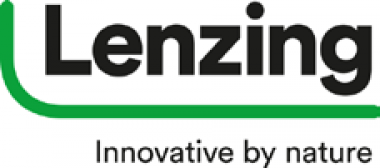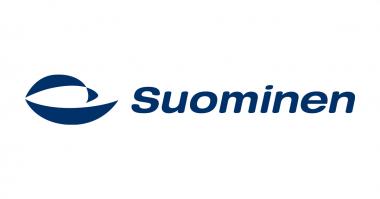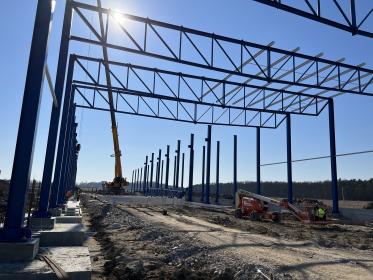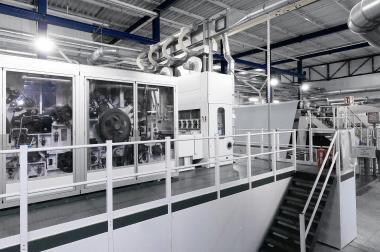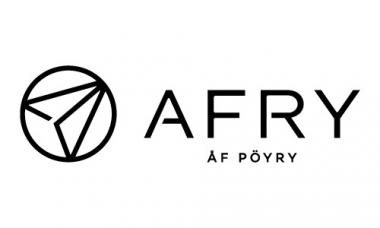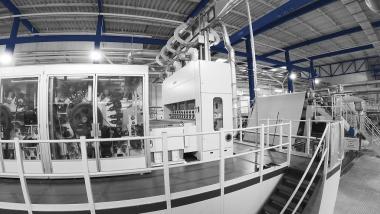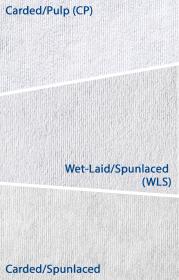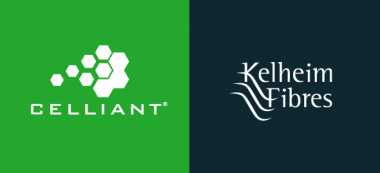Lenzing also switches to green electricity at its Chinese site
The Lenzing Group, a leading provider of wood-based specialty fibers, is expanding its global clean electricity portfolio by gradually transitioning to green energy at its production site in Nanjing. This will enable its Chinese subsidiary Lenzing Nanjing Fibers to use electricity derived solely from renewable sources from 2023 onwards and reduce the site’s carbon emissions by 100,000 tonnes annually. Lenzing only recently announced the transition to green electricity at its Indonesian production facility.
In 2019, Lenzing became the first fiber producer to set a target of halving its carbon emissions by 2030 and becoming climate neutral by 2050. This carbon reduction target has been recognized by the Science Based Targets Initiative. In Nanjing, Lenzing is currently investing in cutting its carbon emissions and converting a standard viscose production line to 35,000 tonnes of TENCEL™ branded modal fibers. Thanks to this move, the Chinese site will exclusively produce eco-friendly specialty fibers.
The company aims to generate more than 75 percent of its fiber revenue from the wood-based, biodegradable specialty fibers business under the TENCEL™, LENZING™, ECOVERO™ and VEOCEL™ brands by 2024. With the launch of the lyocell plant in Thailand in March 2022 and the investments in existing production sites in China and Indonesia, the share of specialty fibers in Lenzing’s fiber revenue is set to exceed the 75 percent target by a significant margin as early as 2023.
Lenzing AG









